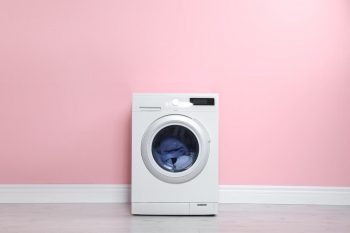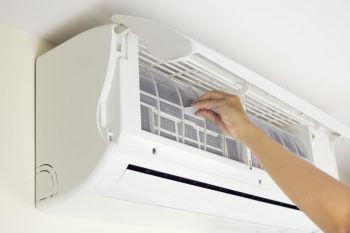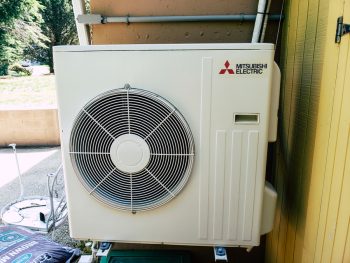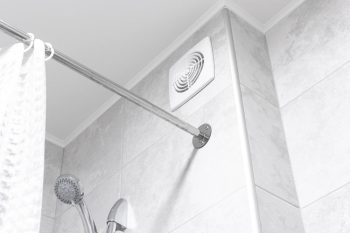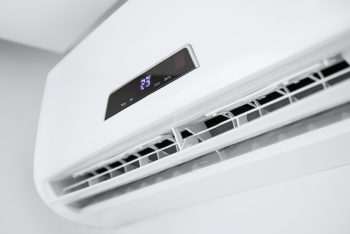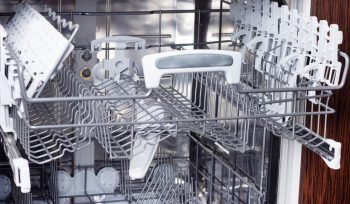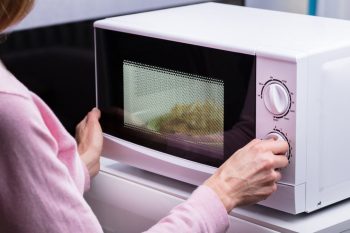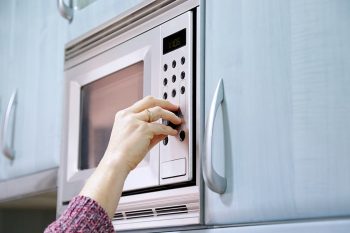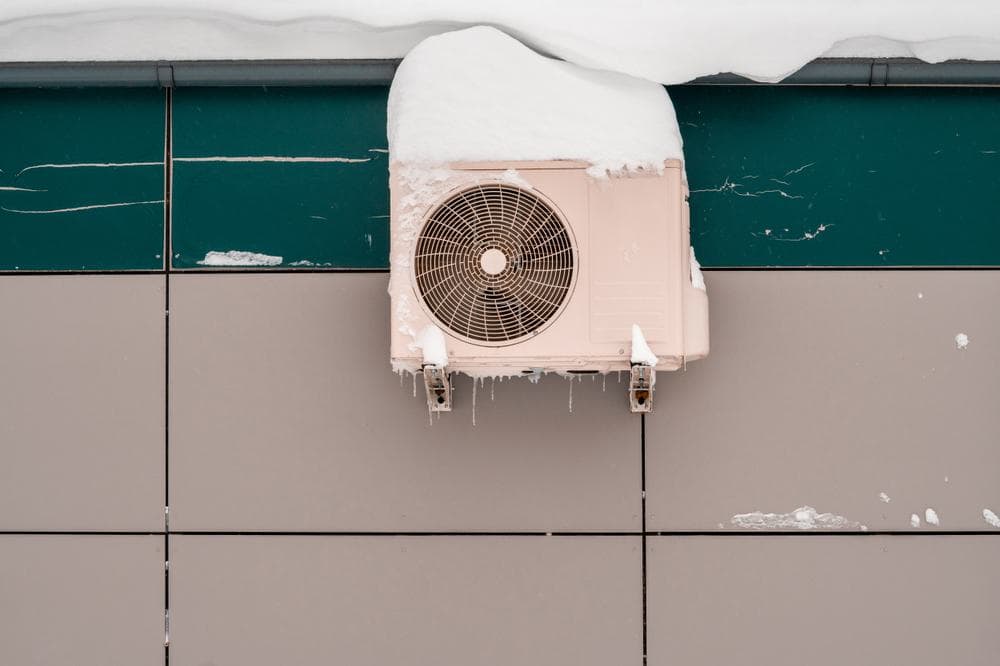
Air conditioning units are a crucial part of our homes and offices, providing much-needed relief on sweltering summer days. However, have you ever wondered, “Why does my AC stop working when it rains?” If so, you’re not alone. Many homeowners and businesses face this issue, especially during heavy rainfall or storms. This article aims to provide a comprehensive understanding of why this happens, how to identify common issues, and preventive measures to ensure the optimal functioning of your AC unit during all weather conditions.
Your AC might stop working during rain due to several reasons such as electrical faults caused by water infiltration, a blocked or clogged drain line, flooding of the outdoor unit, debris lodged in the system, or a damaged condenser fan due to electrical surges. Regular maintenance and inspection can help prevent these issues and keep your AC unit running smoothly, no matter the weather.
The Impact of Rain on Your AC Unit
Air conditioning units are designed to withstand various weather conditions, including rain. However, certain conditions can make them more vulnerable to rain damage. Heavy rain or thunderstorms can cause electrical issues with your AC system. During a thunderstorm, high winds, lightning, and other factors often cause power surges, which can damage the electronic components of your AC system. Lightning strikes, although rare, can also cause severe damage to your AC unit’s mechanical components and electronics, rendering it non-functional. Heavy rain and flooding can lead to corrosion or short-circuiting in the AC system.
Common Reasons Why AC Units Stop Working During Rainfall
There are several common reasons why an AC unit may stop working during rainfall:
Electrical Issues
Rainwater can cause electrical faults in your AC unit. Check your circuit breaker to see if it has tripped. If it has, reset it and check to see if your AC unit starts working. If that doesn’t work, it might be a problem with the fuse. Check the fuse box and replace the fuse if necessary.
Blocked or Clogged Drain Line
A clogged drain line, located near the evaporator coil, can cause the AC unit to shut down during rainfall. Regular maintenance can help prevent this issue.
Flooded Outdoor Unit
If your outdoor unit is submerged in water due to heavy rainfall or flooding, its wiring, electronics, and motor are at risk. Short-circuiting or more lasting damage are common results.
Debris in the Unit
Heavy rain with high winds can carry debris that can get lodged in your AC system and damage it. After any intense winds, you should check your unit for branches, leaves, and other objects that may have blown in or against it.
Damaged Condenser Fan
An electrical surge during a storm can knock out the fan’s motor, keeping the fan from running at full speed and cooling the condenser coils properly. This can lead to a spike in power consumption and reduced cooling performance.
Safety Precautions During Heavy Rain
When your AC unit stops working during heavy rain, it’s essential to take certain safety precautions. Always turn off the AC unit if you suspect any damage or malfunction, avoid touching electrical components, and check for flooding around the outdoor unit. After a heavy rainstorm, have your AC system inspected by a professional to ensure it is functioning correctly and safely.
Maintenance for Optimal Functioning
To ensure optimal functioning of your AC unit during all weather conditions, it is recommended to service your air conditioning system at least once every year. Regular maintenance can help extend the life of your AC unit, improve its efficiency, and save on energy costs.
In conclusion, while AC units are designed to withstand rain, certain conditions can lead to malfunctioning. Regular maintenance and inspection can help prevent these issues and keep your AC unit running smoothly, no matter the weather. If you notice any issues with your AC system, don’t hesitate to contact a professional HVAC technician for further assistance.
Frequently Asked Questions
Can I cover my outdoor AC unit during heavy rains to protect it?
No, it is not recommended to cover your outdoor AC unit during heavy rains. The AC units are designed to withstand all sorts of weather conditions. Covering it can actually trap moisture, leading to corrosion and other damages.
What should I do if my AC unit is submerged in water due to flooding?
If your AC unit is submerged in water due to flooding, immediately turn off the electricity to the unit from your breaker box. Do not attempt to turn on or repair the unit yourself as it can be dangerous. Contact a professional HVAC technician to inspect and repair the unit.
How often should I clean my AC unit to prevent debris from causing issues?
It is recommended to clean your AC unit at least twice a year, especially after seasons with high winds or storms that could bring debris. However, the frequency can change depending on your environment. If you live in an area with lots of trees or dust, you may need to clean it more frequently.
Can a power surge protector help protect my AC unit during storms?
Yes, a surge protector can help protect your AC unit from damage caused by power surges during storms. However, it won’t protect against all types of damage, such as flooding or debris. Regular maintenance and inspection are still necessary.
Do all AC faults require professional help?
Not all AC faults require professional help. Simple issues like a tripped circuit breaker or a blown fuse can be fixed by homeowners themselves. However, more complex issues like a flooded outdoor unit or a damaged condenser fan should be handled by a professional HVAC technician.

